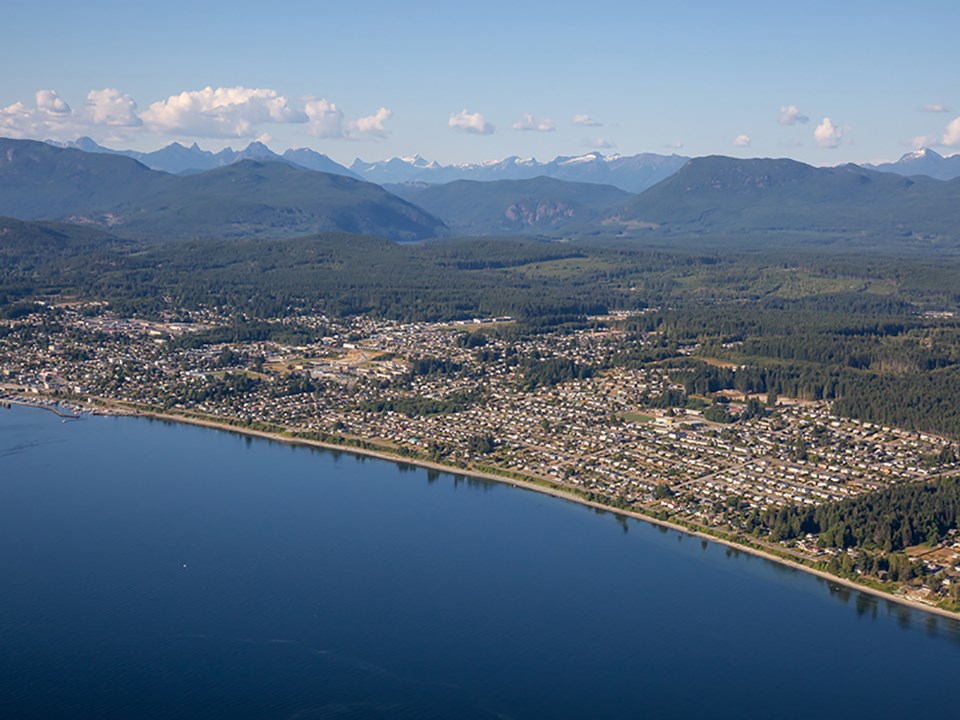As a student growing up in qathet, I’ve spent all my years surrounded by the serene beauty of the coastal mountain range and the Salish Sea.
Since I moved here in 2012, I have grown a close connection with the nature surrounding me as I spend every weekend out traversing the mountains and exploring the lakes. This is why the detrimental effects of climate change have left a personal impact on me as I watch the forests and sea become polluted or destroyed as a result of human activities [“City of Powell River to consider climate action memo,” August 24].
I remember recently my science teacher, Mr. Cocksedge, was talking to us about how it’s been projected that within 15 years the western red cedar is projected to be extinct on the Sunshine Coast. I was shocked to learn that a tree that’s been native to our temperate rainforests for millions of years is going to be gone forever because of human impacts on the environment.
The primary cause for this is global warming. Earth’s atmosphere acts like a blanket that keeps us warm and protects us from harmful radiations. That blanket is made up of greenhouse gases such as carbon dioxide, methane, nitrous oxide and water vapor. As humans continue to emit those greenhouse gases, we add to the blanket which slowly warms us at higher and quicker rates.
For example, carbon dioxide makes up 0.04 per cent of the earth’s atmosphere. Before the industrial revolution that number was 0.02 per cent, which means a 50 per cent increase due to human emissions. The result of the temperature increase is why the western red cedar species will soon only be able to survive in the cooler, wetter climate of northern BC.
As students, we are all beginning to worry what our future will look like and what challenges we will have to face. The changes in the environment are evident and BC hasn’t even seen the worst of it. For example, Quebec has had one of its worst wildfire seasons to date with more than 13 million acres burned and almost 160,000 people had to evacuate their homes. This is why it’s important for us as a community to do our best to use green energy and manage our personal emissions to help combat against the changes we are facing.
You can do your part by riding a bike as an alternative to a car, or wearing ethically produced clothing, or even volunteering to help in a beach cleanup. These are just some of the ways you can reduce your carbon footprint to help make a difference.
Tyler Zakkour is a grade 12 student at Brooks Secondary School.
Join the Peak's email list for the top headlines right in your inbox Monday to Friday.



